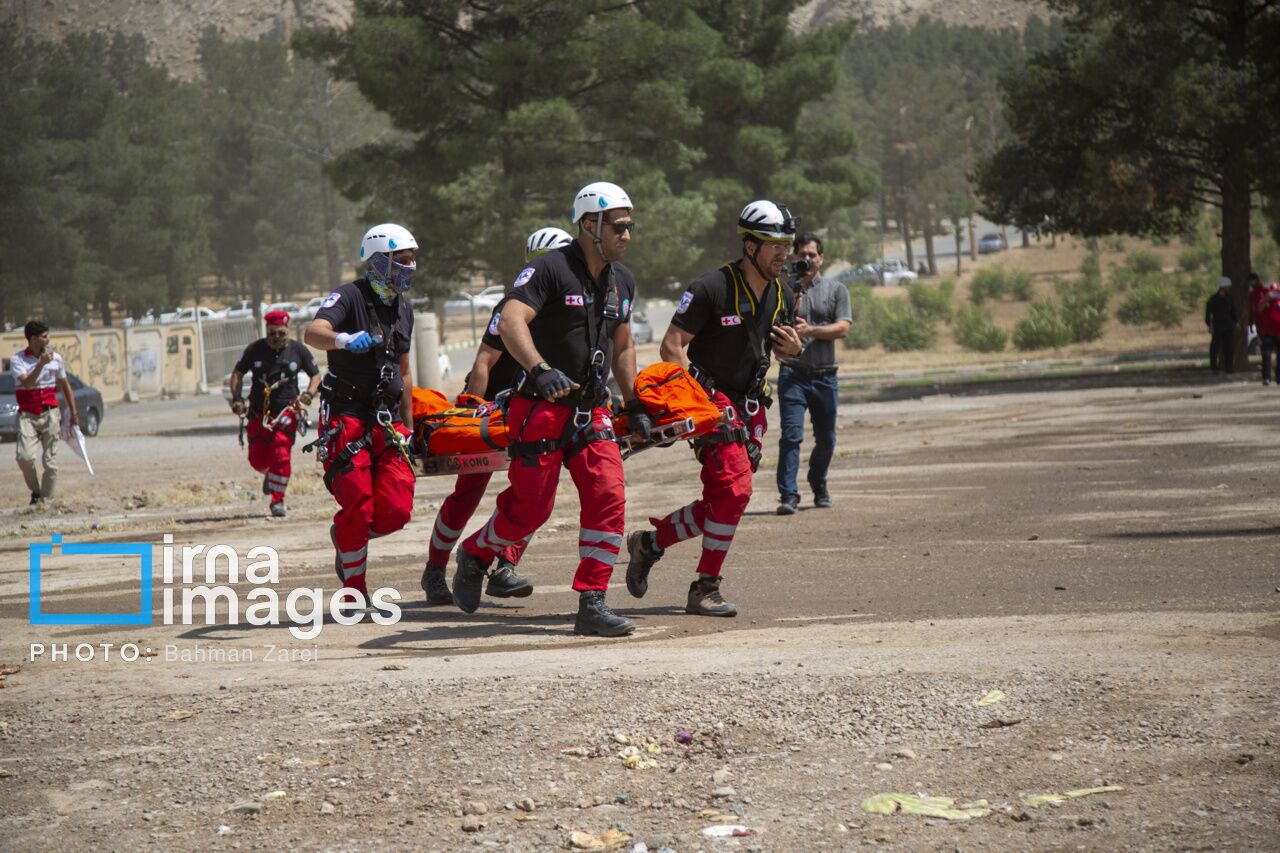
Similar Posts
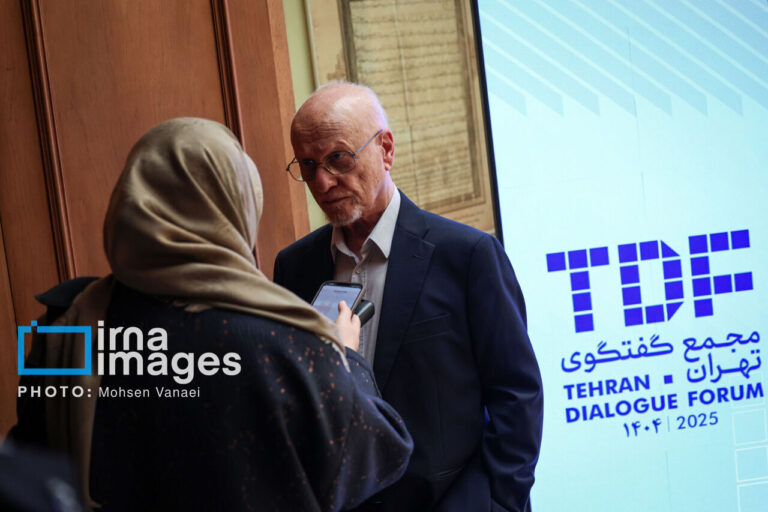
Pugwash Conferences Leader: Iran’s Enrichment Activities Can’t Be Mandated
Hussain Al-Shahristani, President of the Pugwash Conferences, stated that demanding Iran halt its uranium enrichment is unrealistic, as it is integral to the nation’s pursuit of peaceful nuclear energy, aligned with the Treaty on the Non-Proliferation of Nuclear Weapons (NPT). He emphasized that enrichment rights are fundamental, and pressuring Iran to abandon these activities is illegitimate. Al-Shahristani also highlighted the importance of mutual cooperation with the International Atomic Energy Agency (IAEA) for transparency. Concurrently, Iranian Foreign Minister Abbas Araqchi condemned U.S. demands as “unreasonable,” while Ayatollah Khamenei insisted Iran doesn’t need permission to enrich uranium.
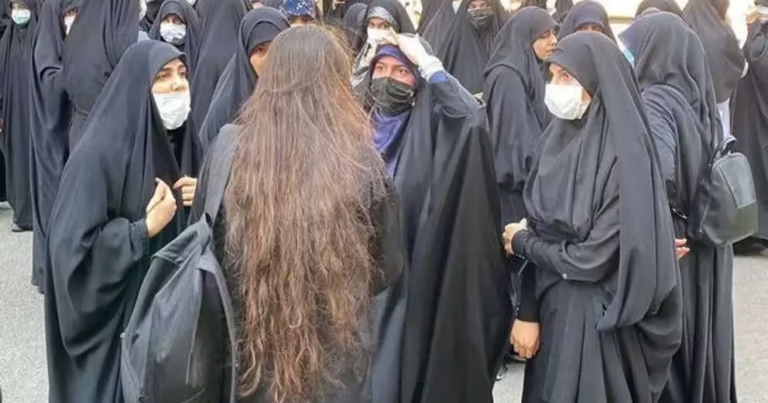
Ultra-Hardliners Threaten Iran’s Leadership: Enforce Hijab or Face Consequences!
Iran’s ultra-hardliners are increasingly worried that suspending strict hijab enforcement could alienate loyal supporters of the Islamic Republic amid ongoing societal changes and protests. Lawmaker Mohammad-Mannan Raisi criticized the Supreme National Security Council for halting the controversial Hijab and Chastity Law, which the UN condemned as “gender apartheid.” Raisi warned that ignoring religious values may disillusion hardcore supporters and weaken trust in the regime. Meanwhile, women continue to defy mandatory hijab laws, escalating tensions after the violent protests following Mahsa Amini’s death. Authorities are cautious about enforcing the law, fearing renewed unrest as Iran faces profound economic crises and isolation.

Iran Dismisses Dutch Accusations as Baseless: An Exclusive Insight
The Iranian Embassy in the Netherlands has firmly rejected allegations from the Dutch National Security Agency regarding Iran’s involvement in assassination attempts in Europe. The embassy emphasizes Iran’s status as a victim of terrorism and its commitment to combating such threats. The Dutch intelligence report claims two individuals were arrested in June 2024 for attempting to assassinate an Iranian resident. In response, the Iranian ambassador was summoned by the Dutch Foreign Ministry. The embassy condemned the accusations as baseless, suggesting they are politically motivated, and emphasized the need to address such claims seriously while reaffirming Iran’s stance against terrorism.
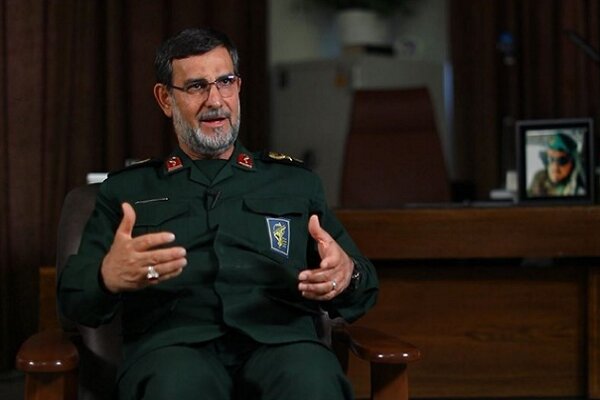
IRGC Navy Commander Reveals Cutting-Edge Features of the Shahid Bagheri Aircraft Carrier
The Islamic Revolutionary Guard Corps (IRGC) Navy has introduced the Shahid Bagheri Drone Carrier Warship, significantly enhancing Iran’s defense capabilities in distant waters. Commander Rear Admiral Alireza Tangsiri emphasized its importance during a press conference, marking the milestone on the anniversary of the Islamic Revolution. The warship can operate multiple squadrons of drones, conduct reconnaissance and combat missions, and support various vessels and helicopters. With a range of 22,000 nautical miles and advanced technology, including air defense systems and medical facilities for crew members, the Shahid Bagheri strengthens Iran’s military operations and commitment to national security.

Iran Slams U.S. for War Crimes in Yemen: A Powerful Condemnation
The escalation of violence in Yemen has prompted strong condemnation from Foreign Ministry spokesperson Esmaeil Baqaei, who criticized recent U.S. military attacks in Sanaa, Saada, and Al-Jawf. He described these actions as severe violations of Yemen’s sovereignty and international law, labeling them as war crimes due to their targeting of residential areas and infrastructure. Baqaei expressed regret over the United Nations’ inaction in addressing these violations and the resulting loss of innocent lives. He emphasized the need for international intervention to uphold the rights of the Yemeni people and highlighted the regional instability caused by U.S. aggression.
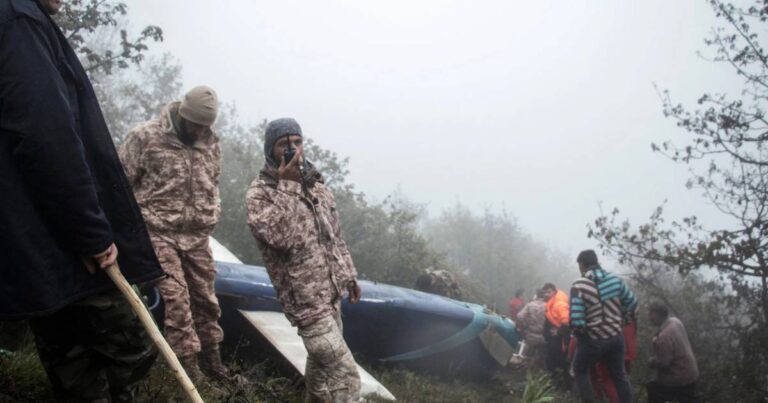
Iranian Armed Forces Dismiss Foul Play in President’s Helicopter Crash: Investigation Update
The helicopter crash on May 19, 2024, that killed Iranian President Ebrahim Raisi and several officials has ignited controversy over its cause. The Iranian Armed Forces attributed the tragedy solely to adverse weather, rejecting allegations of foul play. However, concerns were raised by Raisi’s security team, suggesting internal pressure to proceed with the trip despite safety warnings. Speculation of sabotage from external actors, including the U.S. and Israel, has emerged, despite their denials. Political rivalries, particularly regarding succession after Supreme Leader Ali Khamenei, add another layer of complexity to the incident, which poses significant implications for Iran’s political landscape.